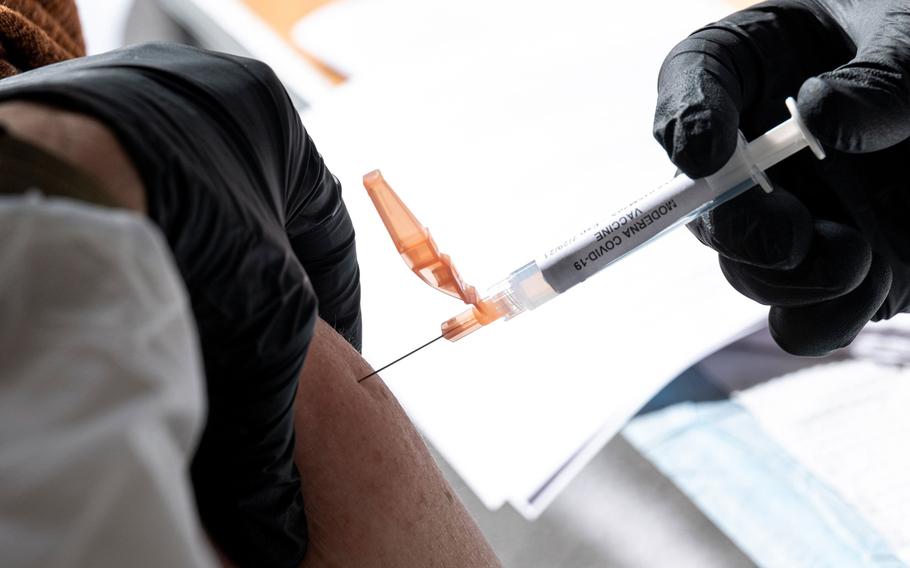Indonesia’s total COVID-19 cases reached 2 million with hospitals starting to fill up as the country grapples with the highly transmissible delta variant of the virus.
The government confirmed 14,536 new cases on Monday, a new record, bringing the total to just over 2 million. Deaths have begun to pick up as the COVID-19 hospitalization rates exceed 70% in 87 cities across the country, with 294 fatalities recorded in the past 24 hours.
“Because this is concentrated in certain regencies and cities, we can still mobilize resources from other areas,” said Harif Fadhillah, chairman of the national association of nurses. “If we let this continue, the situation can become urgent and critical.”
Indonesia is relying heavily on vaccines to stem the pandemic, with a pledge to administer 1 million doses a day in July, as well as movement limits. All non-essential businesses must stop operating at 8 p.m., while religious and social gatherings are banned in areas most at-risk, Coordinating Minister for Economic Affairs Airlangga Hartarto said on Monday. The police and army have been deployed to ensure compliance, and the measures are effective through July 5, he added.
The delta variant, which was first detected in India and has since spread globally, were a dominant strain in Kudus and Bengkalan towns in Java, which have became virus hot spots along with Jakarta.
The hospitalization rate in Jakarta has exceeded 90% even if the government can add more capacity as there are 34,000 beds in total with 17,300 currently allocated for COVID-19 patients, Health Minister Budi Gunadi Sadikin said at the same briefing. The capital is in need of 1,179 more health care workers, while neighboring West Java province needs 400, Fadhillah said.
“The government isn’t choosing between health and the economy,” Sadikin said. “The president has ordered for the health issue to be resolved first because the economy won’t move if the health issue isn’t resolved.”
The recent surge in infections had been predicted by the government, which forecast in May that cases could rise by 40% to 60% in four to five weeks after Eid holidays. A persistent increase in cases could threaten recovery in Southeast Asia’s biggest economy, which last year saw its first contraction in two decades.

A health care worker administers a dose of the Moderna COVID-19 vaccine in San Francisco on Feb. 3, 2021. Indonesia is relying heavily on vaccines to stem the pandemic, with a pledge to administer 1 million doses a day in July, as well as movement limits. (David Paul Morris/Bloomberg)